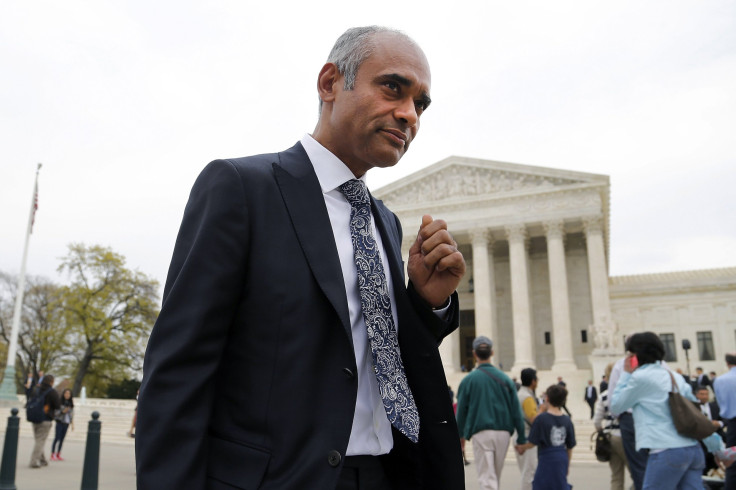High Court Brings End For Aereo, A Buzzy Startup That Tried To Transform TV

It's either a victory for content or a defeat for innovation. A lot depends on the coast you live on or the industry that pays your rent.
On Tuesday the Supreme Court ruled 6-3 that Aereo, a startup that sucked free over-the-air broadcast TV signals and allowed its users to store them or watch them on the Web, is illegal, giving TV broadcasters a big victory and likely shutting down the company in its current form.
The ruling brings to an end a two-year dispute between Aereo, backed and chaired by IAC (NASDAQ:IACI) Chairman Barry Diller, and the big media conglomerates that own broadcast networks including CBS Corporation (NYSE:CBS), The Walt Disney Co. (NYSE:DIS), News Corp. (NASDAQ:FOXA) and Comcast (NASDAQ:CMCSA).
Diller himself is a TV pioneer who helped create the Fox Broadcasting Company, as well as the USA Network, but he had become an outspoken critic of the industry and its failure to innovate and was one of the investors who pumped $97 million into the company.
"It's not a big loss for us, but I do believe blocking this technology is a big loss for consumers," he said. In March, CEO Chet Kanojia told Bloomberg TV that everything was riding on the Supreme Court: "There is no Plan B."
It was a simple idea that captured the imagination of the tech world, pitched to the light TV viewer who would rather not pay for an expensive package of cable channels that they may or may not watch. The decision affirmed broadcasters' right to control how their free signals are consumed and who can package or re-sell them.
Disney, whose ABC network was party to the case, said in a statement, “We’re gratified the Court upheld important copyright principles that help ensure that the high-quality creative content consumers expect and demand is protected and incentivized.”
What's left for Aereo is to find a legal use for the technology, which could include launching its own TV service by paying retransmission fees to broadcasters, just like cable operators do. As Diller told Bloomberg TV in April: "We could probably pay retransmission consent dollars if we could make a deal with broadcasters but the value proposition is a low-cost method of receiving over-the-air broadcast signals," he said.
The decision means broadcasters can keep their signals locked in expensive cable bundles, except for the estimated 10% of American households that don't have a cable subscription and pull them out of the air with an antenna.
But the decision could also spur innovation. If broadcasters don't want their signals to be distributed in low-cost, Internet based TV services, others will.
"This opens up a void that startups will step into," said Tom Morgan, CEO and founder of web TV startup Net2TV. "This accellerates the dynamic where quality video content emerges from new sources not produced by the major companies such as print magazines and the high end of YouTube."
For its part, Aereo called the decision "a massive setback for the American consumer" and sided with the minority view, led by Justice Antonin Scalia.
“We are disappointed in the outcome, but our work is not done," the statement said. "We will continue to fight for our consumers and fight to create innovative technologies that have a meaningful and positive impact on our world.”
© Copyright IBTimes 2024. All rights reserved.






















